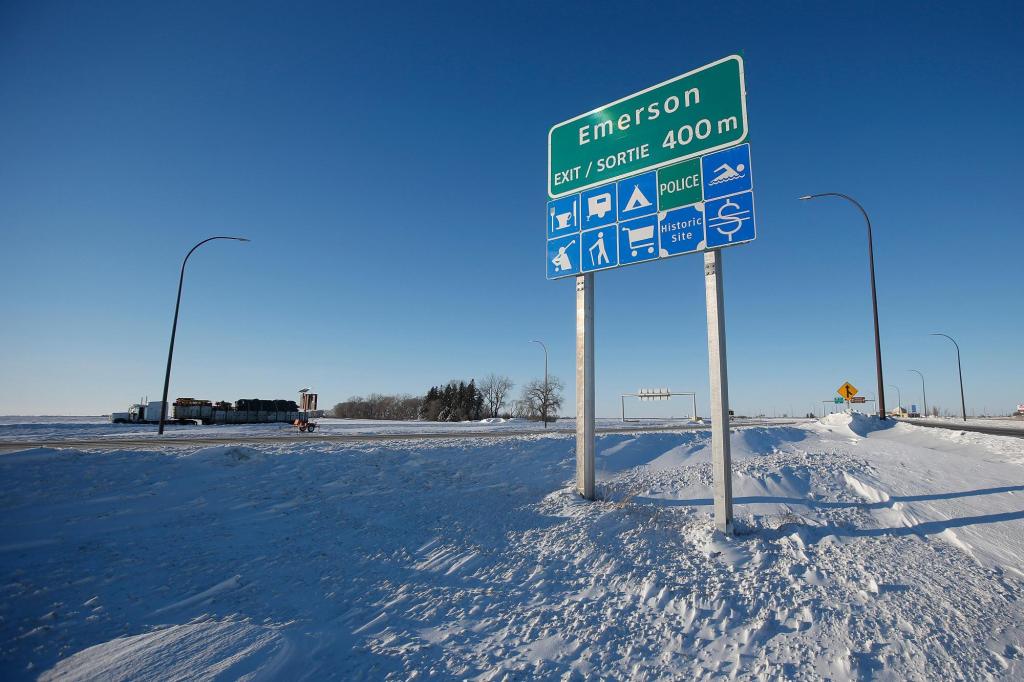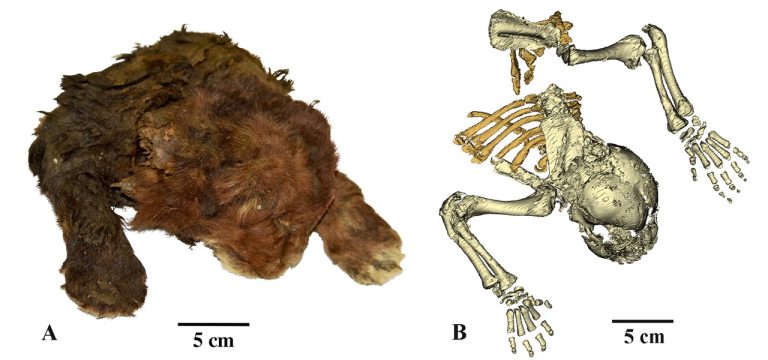

By MICHAEL GOLDBERG
FERGUS FALLS, Minn. (AP) — Nearly three years after a couple from India and their two young children froze to death while trying to cross the border from Canada into the U.S., two men went on trial Monday on human smuggling charges, accused of being part of a criminal network that stretched around the world.
Prosecutors say Indian national Harshkumar Ramanlal Patel, 29, ran part of the scheme and recruited Steve Shand, 50, of Florida, to shuttle migrants across the border. Both men have pleaded not guilty in federal court in Minnesota. They’re standing trial before U.S. District Judge John Tunheim, with proceedings expected to last about five days. They each face four counts related to human smuggling.
On Jan. 19, 2022, Shand was allegedly waiting in a truck for 11 migrants, including the family of four from the village of Dingucha in Gujarat state. Prosecutors say 39-year-old Jagdish Patel; his wife, Vaishaliben, who was in her mid-30s; the couple’s 11-year-old daughter, Vihangi; and 3-year-old son, Dharmik, died after spending hours wandering fields in blizzard conditions as the wind chill reached minus 36 degrees Fahrenheit (minus 38 Celsius).
Prosecutors say when Jagdish Patel’s body was found, he was holding Dharmik, who was wrapped in a blanket.
A jury of eight men and six women, including two alternates, was seated Monday afternoon. Before jury selection began in the morning, defense attorneys objected to prosecutors’ plan to show seven photos of the frozen bodies of Jagdish Patel and his family, including close-up images of the children.
Shand’s attorney, Aaron Morrison, said the heart-wrenching images could cause “extreme prejudice to the jury” and asked for the photos to be removed as evidence. Prosecutors argued the photos were necessary to show the family was not adequately prepared by Shand and Harshkumar Patel for the frigid conditions.
Tunheim allowed the images to remain evidence.
Patel is a common Indian surname and the victims were not related to Harshkumar Patel. Federal prosecutors say Harshkumar Patel and Shand were part of an operation that scouted clients in India, got them Canadian student visas, arranged transportation and smuggled them into the U.S., mostly through Washington state or Minnesota.
The U.S. Border Patrol arrested more than 14,000 Indians on the Canadian border in the year ending this Sept. 30. By 2022, the Pew Research Center estimates more than 725,000 Indians were living illegally in the U.S., behind only Mexicans and El Salvadorans.
Harshkumar Patel’s attorney, Thomas Leinenweber, told The Associated Press that his client came to America to escape poverty and build a better life for himself and now “stands unjustly accused of participating in this horrible crime. He has faith in the justice system of his adopted country and believes that the truth will come out at the trial.” Attorneys for Shand did not return messages.
Court documents filed by prosecutors show Patel was in the U.S. illegally after being refused a U.S. visa at least five times, and that he recruited Shand at a casino near their homes in Deltona, Florida, just north of Orlando.
Over a five-week period, court documents say, Patel and Shand often communicated about the bitter cold as they smuggled five groups of Indians over a quiet stretch of border. One night in December 2021, Shand messaged Patel that it was “cold as hell” while waiting to pick up one group, the documents say.
“They going to be alive when they get here?” he allegedly wrote.
During the last trip in January, Shand had messaged Patel, saying: “Make sure everyone is dressed for the blizzard conditions, please,” according to prosecutors.
Prosecutors say Shand told investigators that Patel paid him about $25,000 for the five trips.
Jagdish Patel grew up in Dingucha. He and his family lived with his parents. The couple were schoolteachers, according to local news reports.
Satveer Chaudhary is a Minneapolis-based immigration attorney who has helped migrants exploited by motel owners, many of them Gujaratis. He said smugglers and shady business interests promised many migrants an American dream that doesn’t exist when they arrive.
“The promises of the almighty dollar lead many people to take unwarranted risks with their own dignity, and as we’re finding out here, their own lives,” Chaudhary said.
Originally Published:






